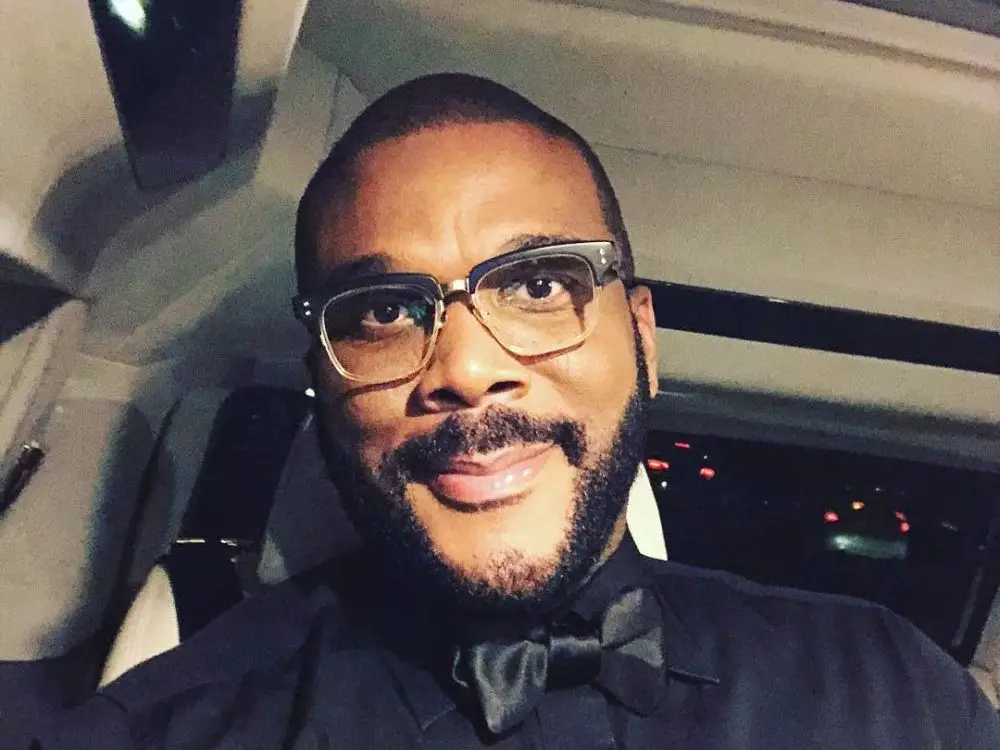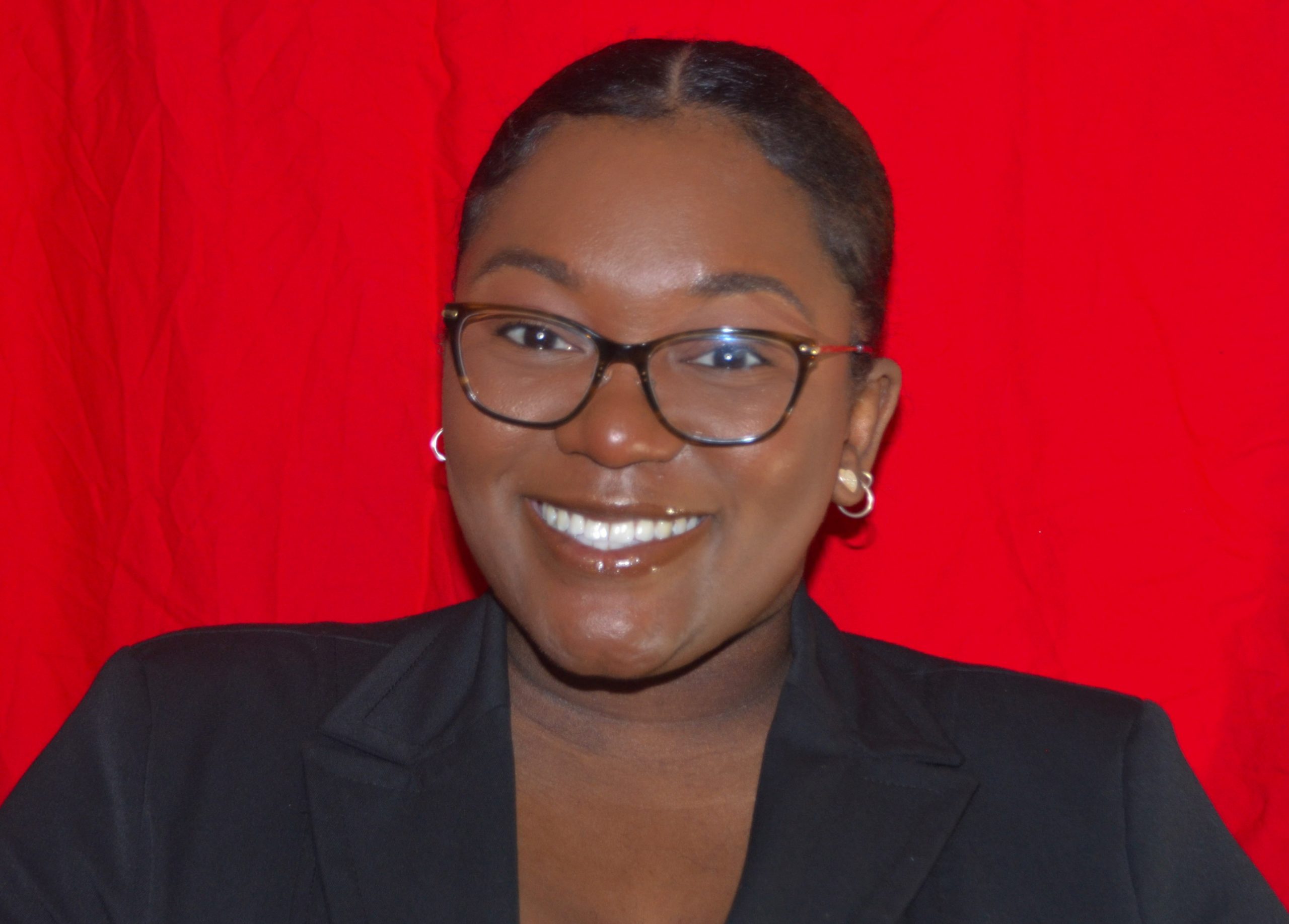From a very young age, I admired Tyler Perry and his work. From the plays to movies and TV shows, Perry never seemed to let me down. You could even say that he, amongst others, inspired me to start writing.
As I grew older, the respect I had for him increased and, to me, the movies got funnier despite the characters and plot often repeating themselves. He has the ability to bring aspiring black actors, actresses and singers to the screen for their debuts, which is incredible. He’s opened doors for so many people. To top it off, in 2015, Perry opened Tyler Perry Studios, which is a 330-acre lot built in the soul of Atlanta, Georgia. He made it known that the studio was built on top of Fort McPherson, a Confederate army base during the Civil War.
That all went downhill two months ago. Perry took to his Twitter account and posted a video revealing a table stacked with scripts of eight shows he worked on in 2019. As he’s showing off the scripts, he points out that all shows on television have a writer’s room, but he doesn’t because he writes all his scripts. By himself. Alone. At the end, Perry shouts, “Work ethic!”
WORK ETHIC!! Come on. Let’s go get 2020!!! pic.twitter.com/BzADIi1rAa
— Tyler Perry (@tylerperry) January 6, 2020
I assume Perry thought the video was going to go viral and people were going to praise him for all his hard work on and off the screen, but that wasn’t the case at all. It made people put two and two together. This video explained why a lot of his films seem similar, and that’s because there’s only one perspective providing input: his.
As stated earlier, Perry has given many actors and actresses their first big role, so why can’t he hire any black writers who would love the same opportunity? That video was him telling every writer that they can’t be on his team simply because he doesn’t have one. In an interview he goes into detail about the situation, explaining that he used to have a writers room. However, he felt their contributions weren’t up to par, so he had to go back and tell them how to do it.
Another issue that I’ve noticed with a couple films was a preference for quantity over quality. It’s said the movie “Acrimony” was written in only eight days. There’s a scene in the film where the main character, Melinda, boards her ex-husband’s boat. In the middle of the ocean. How did she get on the boat? Was she hiding below deck? Did she get a motorboat and sail out to sea and catch them? These questions shouldn’t be getting asked, but because Perry is the sole writer, there wasn’t anyone to question how Melinda got on the boat. In that same interview Perry explains how she got on the boat, but it seemed like he didn’t know either.
His most recent film on Netflix, “A Fall From Grace,” was filmed in only five days, which explains a lot of the mistakes noticed by viewers. For example, in one scene, Grace is seen sliding into her house shoes, but when she’s walking down the stairs, she doesn’t have them on. Another example is when Grace is being questioned by her lawyer and her wig goes from tolerable to terrible in five seconds. Yet another example from this film is when Grace was on a date and in the background, an extra is convincingly eating invisible food and drinking invisible water.
If you’re not going to hire black writers when writing black stories, can you at least get a solid editor? I’m so confused as to how those mistakes made it to the final cut.
After the video, many people started to believe that Perry had some sort of hatred towards black women because in the majority of his movies and shows, the black woman is almost always in an abusive relationship or had a terrible childhood. Either way, the black woman character can’t ever start off “normal.”
Perry has said before that most of his characters are based off the women he saw growing up, which could explain why the black women in his movies have those type of lifestyles. His characters are based off of real people that’s he’s encountered. There’s nothing wrong with that. The problem is that they seem to be the only type of people he’s encountered, and because he doesn’t allow other writers to contribute to his movies and shows, all his lead female characters have the same background and live the same abusive lifestyle.
Perry almost always fails to portray the black women in his movies in a positive light. For example, in “Diary of a Mad Black Woman,” Helen is in love with her husband, Charles. One day, movers knock on her door saying they were hired to replace the clothes in her closet. Helen gets dressed up in the new clothes and waits for him to come home only to find out that Charles is leaving her for another woman, who coincidentally is lighter than Helen. Charles then proceeds to throw her, literally, out the house and Helen has nowhere else to go other than her grandmother’s home.
As the movie plays on, Charles ends up getting shot in court and his girlfriend leaves him, taking their children and his money. He has no one to take care of him other than Helen. Helen comes back to the home she was thrown out of and takes care of Charles, who is still her husband, until he gets better. Obviously, there were some bumps in his recovery, but once Charles begins to walk, Helen does what she should’ve done a long time ago, which is divorce him.
In “Meet the Browns,” the main character, Brenda, is a single mother. Once she loses her job, she finds out that her absentee father passed away. She makes the executive decision to move her and her family down to Georgia where she meets her father’s side of the family for the first time, and things begin to look up from there. I understand that the main character must go through some trials and tribulations, but do they always have to be so extreme?
Another issue is colorism. Colorism plays a huge role in the development of nearly all his films. I never thought Perry would use colorism in his films, but he does and makes it obvious. His favorite trope, based on the films I’ve seen, is the dark skinned villain and the light skinned savior. In “Diary of a Mad Black Woman,” Charles has dark skin and is untrustworthy. Once Helen divorces him, she gets together with Orlando, a light skinned man, who finally treats her right. This tends to be the case for all his movies and it’s getting boring. If he had more contributors then there would be some sort of variety to his films.
Both the portrayal of black women and colorism play a role in his movie “Madea’s Family Reunion.” Sisters Lisa and Vanessa go back and forth with each other during the whole film. Lisa, who is light skinned, is married to Carlos, who has dark skin. Her older sister Vanessa, who is darker than Lisa, is a single mother of two beautiful children by two different men who aren’t in either of their lives. So, right off the bat Vanessa is living this “tragic” life while Lisa, who is their mother’s favorite (shocker), is engaged and soon to be married to Carlos.
From the outside, it seems like Lisa is living the life all her friends want, but we soon get to see that Carlos is toxic and very abusive. The movie plays on and Lisa finally leaves Carlos, but her money hungry mother keeps urging her to go through with the wedding. In a heated argument, Vanessa reveals to her younger sister that her mother allowed her second husband, Lisa’s father, to rape Vanessa in order to stay married. It’s because of this abuse that Vanessa has her guard up at all times, leaving her incapable of love. So again, I ask, why does the character, especially of darker skin, have to go through a traumatic childhood, have two children to raise on her own, a hateful mother, etc.?
Why does everything have to be so exaggerated? It’s dramatic to the point where it’s not believable. You need your characters to be relatable to the audience. One of his new shows, “Sistas,” is about four black women who are all best friends — basically sisters. I wasn’t able to relate to any of his main characters. At all. I don’t even watch his shows to begin with, but when your four leading characters are not only black, but black women, I have to tune in.
Another question, how are you going to write a show about black women and not even have black women co-write for the show? They don’t even have to do the whole show. Maybe every other episode. I just find it ridiculous to have a show about black women that’s written by one black man.
With the predictable characters, questionable plots, obvious colorism and terrible wigs, it’s clear that Perry needs to get a writing team. He stated that the last one he had didn’t work out, but not all writers are the same. He has potential, and we can see that with his shows, movies and the studio he just opened, but without a writing team there’s going to less of a turnout.
I am certainly not “cancelling” Tyler Perry (cancel culture is not real) because there’s not a lot of black people doing all the things he does. He’s like the male version of Oprah. Perry will always have a support system from the black community solely based on his work on and off screen, but some things need to change in order for his full potential to be unlocked.

















